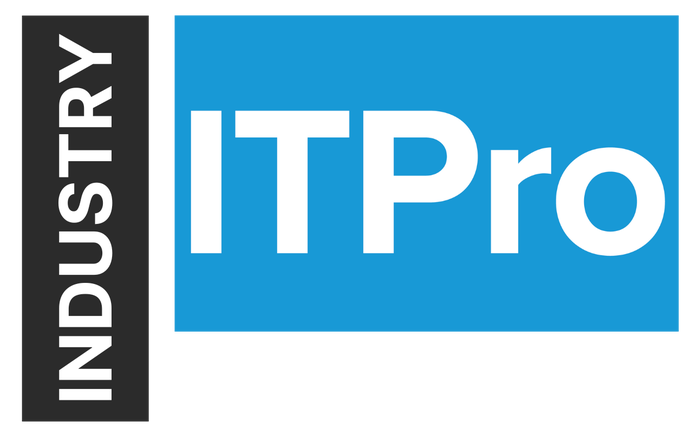
Insight and analysis on the information technology space from industry thought leaders.
5 ERP Trends to Watch in 20245 ERP Trends to Watch in 2024
These trends will bring increased value to ERP solutions by helping organizations get more out of ERP with less effort and cost.
January 17, 2024

The "2024 predictions" season is upon us. Here at Lemongrass, we're as keen as everyone else to offer our take on what's next in the world of tech.
But instead of producing a rundown of major trends that we think will shape technology in general in 2024, we are focusing on a domain that tends to receive less attention from the media: The enterprise resource planning, or ERP, ecosystem. Although ERP doesn't drive as many headlines as trendier topics, like GenAI or cybersecurity, it's a space we know quite well, since helping businesses to manage and optimize their SAP environments is one of our main business practices.
So, read on for a look at how we believe the ERP landscape will evolve in 2024.
1. ERP Investments Emphasize Efficiency
Because ERP systems are at the core of business operations, their efficiency plays a key role in determining the efficiency of an organization as a whole. Unfortunately, however, many ERP deployments are not as efficient as they could be. They often lean too heavily on manual processes or make it challenging for decision-makers to analyze all available data.
We expect more organizations to tackle this ERP challenge in 2024 by investing in solutions that improve ERP efficiency. In particular, we foresee strategies such as greater adoption of cloud-based ERP, which helps ERP systems scale while minimizing reliance on physical, on-prem infrastructure.
Similarly, we expect more organizations to take advantage of AI/ML integrations into ERP systems, which will in turn drive increased automation, more accurate forecasting, and an enhanced ability to analyze all relevant data, in real time, when making decisions or managing processes.
2. A Doubling-Down on ERP Automation
In a similar vein, we believe the ERP ecosystem, especially the SAP on cloud landscape, is poised for aggressive adoption of automation across multiple business verticals in the coming year.
We expect a number of large enterprises to gear up to embed variations of generative AI, AIOps, and similar types of solutions to drive new types of automations in business areas ranging from supply chain logistics to procurement to customer-facing dashboards, and even integration with HR and legal departments. The result will be a redefinition of operational capabilities, as well as the requirement for a great deal of training and retraining to help teams best take advantage of next-generation ERP automation technology.
3. Improved ERP Security
Security is another area where ERP systems too often fall short — which is understandable given the complexity of ERP platforms, as well as the fact that many were designed long before modern security threats emerged. Still, as businesses strive to improve security and privacy outcomes across the board, finding ways to tighten ERP security will be a key focus in 2024.
Organizations will pursue this goal by, for example, integrating AI-driven security protocols within ERP systems to enhance real-time threat detection and enable rapid automated responses to incidents.
We also expect more ERP environments to migrate to the cloud due in part to a desire to take advantage of the modern security controls, such as identity and access management (IAM) frameworks, that are available in cloud environments to help prevent unauthorized access and protect data confidentiality and integrity.
4. GenAI for ERP Goes Full Throttle
Generative AI, which came onto most businesses' radars with the release of ChatGPT in late 2022, is now transitioning from an experimental technology into the basis for enterprise-ready products.
In the ERP space, we expect more businesses to take advantage of GenAI-based solutions in the coming year to achieve goals such as simplified data interaction, which is likely to prove especially beneficial in the manufacturing and logistics sectors. GenAI will also be one of the technologies that drives increased automation and efficiency in ERP because it allows businesses to implement data-driven automations without the need for explicit programming.
5. Composable ERP Takes Off
The concept of composable ERP, which means breaking monolithic ERP systems into multiple products or services, has been a focus of discussion in the industry for several years. However, we expect that 2024 will be the year when a critical mass of organizations at least begin implementing composable ERP strategies. A desire to increase cost-efficiency and gain access to a broader set of tools and features will drive more organizations to adopt multiple ERP vendors or services.
This means, in turn, that ERP solutions providers will need to become more adaptable as well by ensuring that their offerings are compatible with composable ERP architectures.
Conclusion
In short, expect the ERP landscape in 2024 to bring more efficiency and automation, better security, greater adoption of GenAI-based solutions, and a shift toward composable ERP strategies. None of these changes will fundamentally alter the role of ERP in modern business, but they will bring increased value to ERP solutions by helping organizations get more out of ERP with less effort and cost.
At the same time, however, these ERP trends are poised to make ERP systems more complex over the coming year, making it all the more important to have a coherent ERP modernization and optimization strategy in place.
Kausik Chaudhuri is CIO of Lemongrass.
About the Author
You May Also Like






.jpg?width=700&auto=webp&quality=80&disable=upscale)
